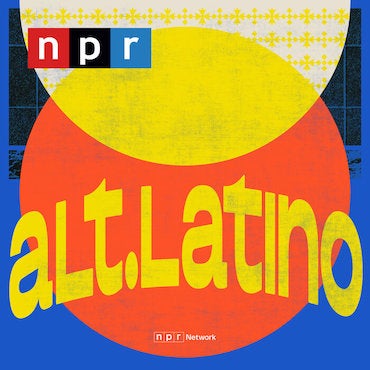Nursing homes in poor and minority neighborhoods closing faster
Nursing homes in urban poor and minority communities are twice as likely to close down as those in areas with low minority populations, according to a recent study published in the Archives of Internal Medicine.
From 1999-2008, almost 4,500 nursing home beds were lost in Pennsylvania, even as the elderly population grew. About half were from the Philadelphia area, with losses most highly concentrated in North and West Philly.
David Barton Smith, a professor in the school of public health at Drexel University and a co-author of the recent study, said the trend mirrors inequalities in the public school system.
“We have kind of a two-class system of care,” he said, “and it’s becoming more so.”
Smith said as more people who can afford it opt for private assisted living facilities rather than nursing homes, the discrepancies in quality of long-term care will only grow.
“The growth of the private assisted living sector in the Philadelphia area has siphoned off a lot of the private-pay patients that used to go to nursing homes,” Smith said, “and nursing homes are kind of dependent on having a certain proportion of private-pay patients.”
As those private-pay patients migrate away, homes don’t have the money to make the improvements to attract new residents, and a “downward spiral” begins.
Lynda Pickett is a long-term care ombudsman with the Philadelphia Corporation for Aging. She says new nursing homes in the city are not being built to replace those that close, so residents often have to relocate farther away from their families.
“Residents need visitors, and they need to have their families have access to them,” Pickett said. “When that becomes a problem those individuals become isolated and often that leads to depression, and in some instances even abuse.”
Pickett said more widely available in-home care services for seniors have been a good thing overall, but for people who need round-the-clock care, or don’t have the family support to stay home, remaining at home is not an option. And like assisted-living facilities, many well-off patients are choosing in-home care over nursing homes.
WHYY is your source for fact-based, in-depth journalism and information. As a nonprofit organization, we rely on financial support from readers like you. Please give today.

